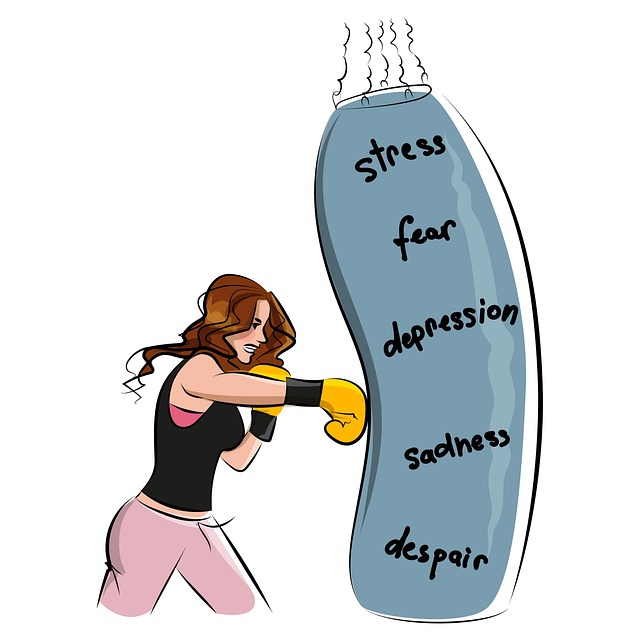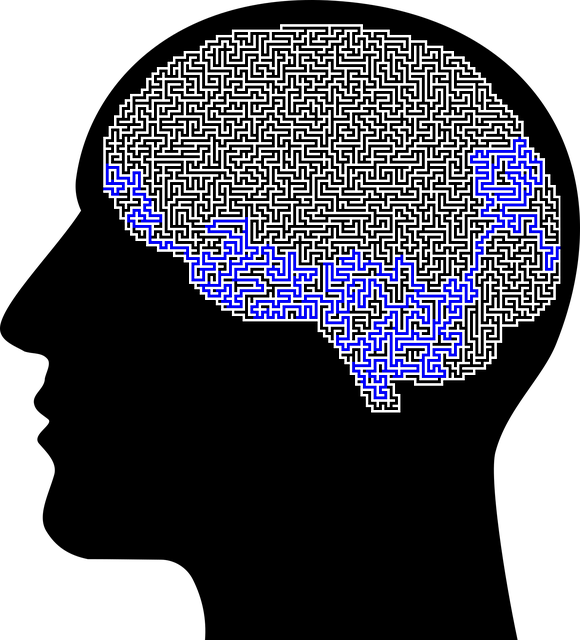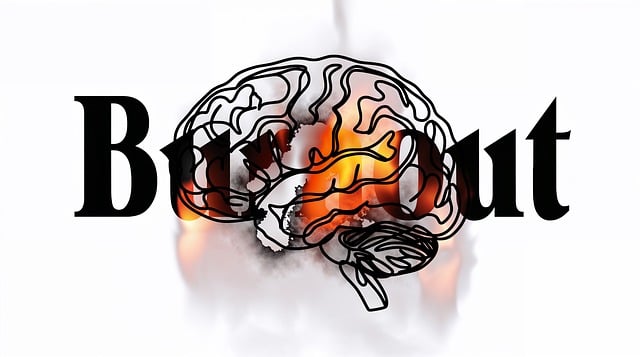Understanding and incorporating RFM (Resilience, Flexibility, Mastery) techniques tailored to Spanish-speaking backgrounds is vital in therapy for young children, addressing cultural barriers and limited access to mental health services. By combining Stress Reduction Methods, Empathy Building Strategies, and Mind Over Matter principles relevant to their culture, therapists can create an inclusive environment that enhances therapeutic outcomes. This holistic approach includes community outreach programs and personalized exercises at home, fostering adaptability, self-esteem, and open emotional expression in a supportive setting.
“Unleash resilience in young minds with an exploration of RFM (Recovery, Flexibility, and Mastery) techniques. This comprehensive guide delves into the profound impact of RFM on children’s emotional well-being, especially within Spanish-speaking communities. Discover how tailored therapy sessions can address cultural sensitivities and strengthen coping mechanisms. Learn practical tips to implement these techniques at home, fostering a supportive environment for children to navigate life’s challenges with newfound resilience.”
- Understanding RFM and Its Impact on Young Children
- The Role of Resilience Building Exercises in Spanish-Speaking Communities
- Customizing Therapy for Cultural Sensitivity
- Practical Tips for Implementing RFM Techniques at Home
Understanding RFM and Its Impact on Young Children

Understanding RFM (Resilience, Flexibility, and Mastery) is crucial when considering therapy for young children, especially those from Spanish-speaking backgrounds. This approach focuses on building resilience by fostering adaptability and a sense of control in children’s lives. It aims to help them navigate challenging situations with greater ease and confidence. In the context of mental health professionals assessing risk, RFM can be a powerful tool.
By incorporating Stress Reduction Methods and Empathy Building Strategies, therapy sessions become more effective. These techniques enable therapists to connect with Spanish-speaking children on their level, understanding their unique experiences and cultural perspectives. This personalized approach enhances the therapeutic process, making it more inclusive and beneficial for young clients and their families.
The Role of Resilience Building Exercises in Spanish-Speaking Communities

Resilience building exercises play a pivotal role in fostering mental fortitude among Spanish-speaking communities, particularly young children. These communities often face unique challenges, from cultural barriers to access to quality mental health services. Therefore, integrating activities that promote resilience is essential, targeting not just individual well-being but also the collective strength of these communities.
Therapy for young children within Spanish-speaking backgrounds can greatly benefit from incorporating Mind Over Matter principles tailored to their cultural context. Self-esteem improvement exercises, for instance, can be adapted to incorporate familial and community values, enhancing their effectiveness. Moreover, successful implementation of a Community Outreach Program can help normalize conversations about mental health, breaking down language and cultural barriers to provide much-needed support.
Customizing Therapy for Cultural Sensitivity

In tailoring therapy for young Spanish-speaking children, cultural sensitivity is paramount to ensure effective treatment and build trust. Mental wellness and mental health awareness among this demographic often require a unique approach due to language barriers and distinct community values. Therapists must be adept at translating not just words but also nuances and cultural references to create a safe space for expression. This involves using self-awareness exercises that resonate with the child’s experiences, incorporating their native language, and respecting family dynamics.
By customizing therapy, mental health professionals can foster deeper connections, enhancing the overall therapeutic process. Language serves as a powerful tool to bridge cultural gaps, allowing children to communicate their feelings more openly. This, in turn, promotes self-awareness exercises that are culturally relevant, ensuring the child’s mental health awareness grows within a supportive and understanding environment.
Practical Tips for Implementing RFM Techniques at Home

Implementing RFM (Resilience, Flexibility, and Mastery) techniques at home can be a powerful way to support young children’s mental health, especially for Spanish-speaking families who may face unique challenges. Start by creating a safe and supportive environment where open conversations about emotions are encouraged. Incorporate daily check-ins as a routine; this could be during mealtime or bedtime, where you discuss the day’s events and any feelings that arose. Use simple, age-appropriate language to teach coping skills, such as deep breathing exercises or positive self-talk.
For depression prevention and risk assessment, consider incorporating activities that promote flexible thinking. Encourage problem-solving by presenting children with small challenges and guiding them through different strategies to overcome these obstacles. Additionally, involve the whole family in resilience building exercises, like game nights focused on emotional intelligence or outdoor adventures that build a sense of accomplishment. Remember, consistent practice is key; make these activities fun and engaging to ensure their effectiveness in developing coping skills for Spanish-speaking young children in therapy.
Resilience is a vital skill for young children to develop, especially in navigating challenging life circumstances. By combining RFM (Resourceful Family Management) techniques with tailored resilience-building exercises, therapists and caregivers can empower Spanish-speaking communities to foster adaptability and cope effectively. Customizing therapy to respect cultural sensitivities ensures that these interventions resonate deeply, addressing the unique needs of each child and family. Implementing RFM strategies at home, supported by culturally sensitive practices, holds significant promise in enhancing the overall well-being and resilience of young children within these communities.














